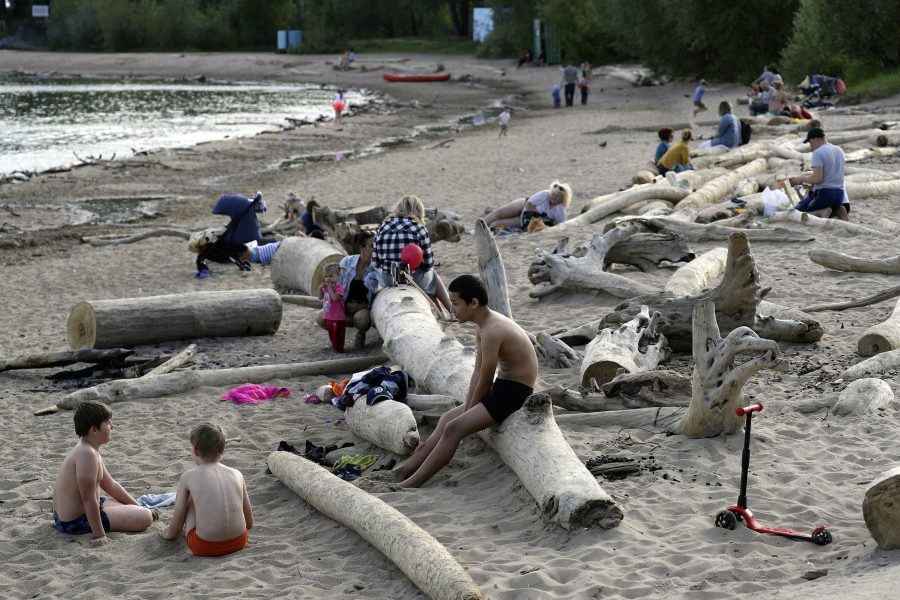Siberia
One of the coldest regions on Earth has been experiencing a record-breaking heat wave in recent weeks amid growing fears about devastating wildfires and melting permafrost.
Khatanga, a town in Siberia’s Arctic Circle, registered highs of over 80 degrees Fahrenheit this week, according to Accuweather, far above the 59 degrees F historical average, as the whole of western Siberia basked in unseasonable warmth.
While locals flocked to popular spots to sunbathe, experts sounded alarms about the possible implications for the region’s wildfire season this summer, with some blazes already breaking out in recent months.
Fires burned huge areas in the region last year and, at its peak, smoke engulfed an area larger than the whole European Union, the World Meteorological Organization reported.
“It is very much possible that this year, we will have another fire catastrophe in Siberia,” Anton Beneslavskiy, a wildfire expert with Greenpeace Russia, said.
“Catastrophes became the new business as usual for Siberia in the last 20 years,” he added. From January to April, Russia was 11 degrees F warmer than average, according to the climate science nonprofit Berkeley Earth.
“That’s not only a new record anomaly for Russia. That’s the largest January to April anomaly ever seen in any country’s national average,” Robert Rohde, Berkeley Earth lead scientist tweeted.
The pace of global warming in Russia is over twice as fast as the global average, Russia’s deputy U.N. envoy said last year. But the situation in the Arctic is even more stark with the region warming at over three times the global average.
Much of the Arctic region is covered by permafrost — carbon rich soil that should remain frozen throughout the year — and rapid warming is causing it to melt, said Thomas Smith, an assistant professor of environmental geography at the London School of Economics.
Permafrost, he said, stores vast amounts of carbon, which means that when it melts, planet-warming greenhouse gasses are emitted. “That can further drive climate change and global warming,” he said. “The second problem is that if the land is thawed out, and if it dries out with these high temperatures, then that soil is actually available to burn as a fuel for a fire,” he added.
These fires that emit greenhouse gases can smolder for weeks or months, “even when it has rained,” Smith said.
The unusual heat has also disrupted a number of natural cycles, according to the Siberian Times, with river ice breaking, blooms coming earlier and insects emerging earlier than normal. While temperatures in the region have temporarily dropped, the heat is forecast to return next week.—AFP










